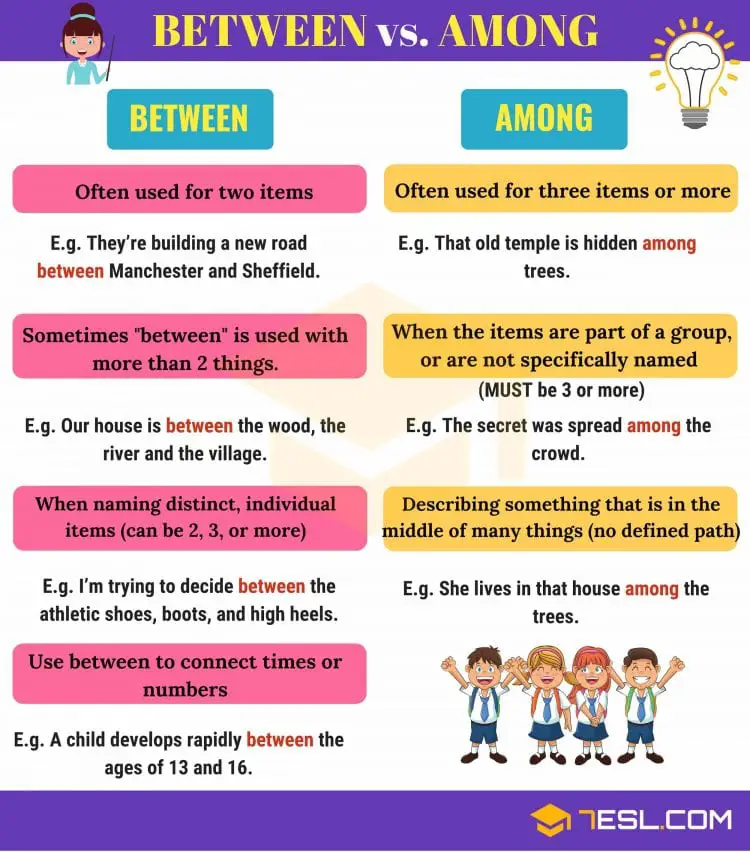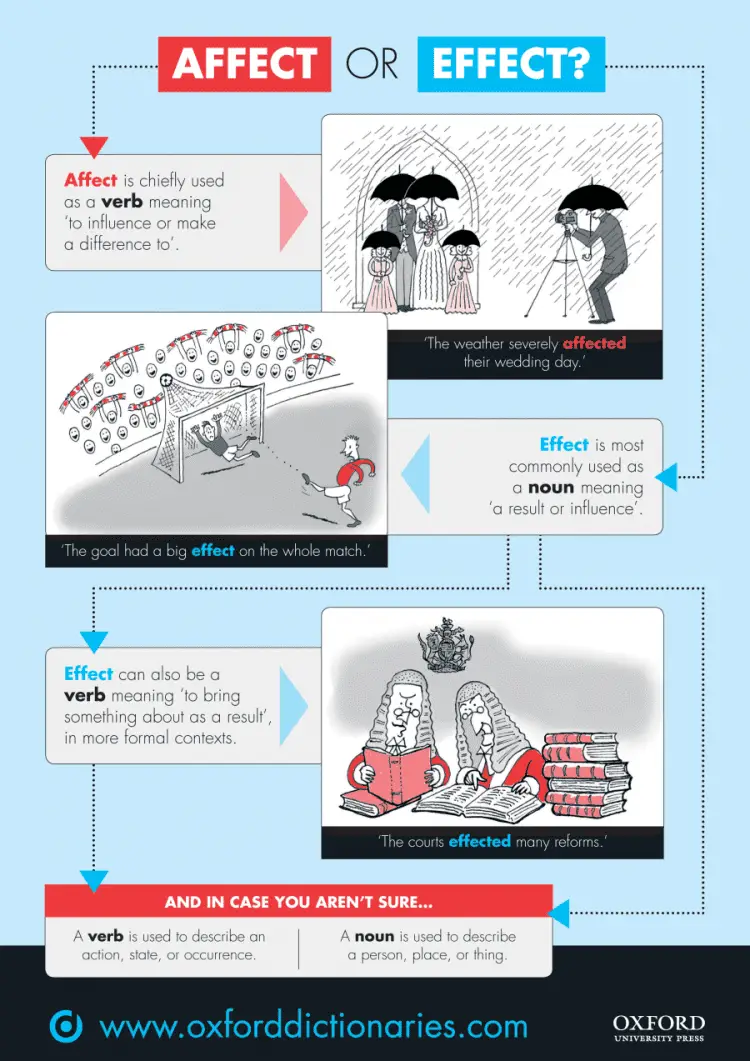Does it seem to you that any time you want something to go right, everything goes wrong? It seems like the universe is plotting against you. When you need something to go right, it seems to go badly!
And that is literally the only time that you do not have a backup plan, right? If you have ever felt this way and want a way to accurately describe how you feel, you now have one: Murphy’s Law.
What is Murphy’s Law?
Murphy’s law is a saying in English that says, “Anything that can go wrong, will go wrong.”
This seems to be one of the few universal truths in the world. There are a million things that could happen, and, somehow, all of them go the way that they are not supposed to! This saying comes from a scientist named Edward Murphy. (Or, at least, that is what the most likely story is.)
Examples of Murphy’s Laws List
- Anything that can go wrong, will go wrong.
- If there is a possibility of several things going wrong, the one that will cause the most damage will be the one to go wrong.
- If you perceive that there are four possible ways in which a procedure can go wrong, and circumvent these, then a fifth way, unprepared for, will promptly develop.
- Left to themselves, things tend to go from bad to worse.
- If everything seems to be going well, you have obviously overlooked something.
- Nature always sides with hidden flaw.
- When you try to prove to someone that a machine won’t work, it will.
- The more you try to fix something, the more you’ll break it.
- If you drop a piece of bread, it will always land butter-side down.
- If you’re in a hurry and need to make a quick stop, the line you choose will always be the slowest.
- The severity of the itch is inversely proportional to the ability to reach it.
- The first place to look for something is the last place you would expect to find it.
- Anything that can be misunderstood will be.
- The moment you realize you have lost something, it will have moved to a safe place where you will never find it.
- If there is a 50/50 chance of something going wrong, nine times out of ten it will.
The idea was that Murphy was trying to create a measurement instrument, but everything kept failing even when he needed it to work well. As a result, he and his colleagues started using the term “Murphy’s Law”. After he used that phrase in a press conference, when he was walking about his measurement instrument with the press, other people began to use it as well.
Now, the phrase has a similar idea. Usually, when someone uses this saying, it means that they are incredibly frustrated with something. The idea is probably that there are several different failures that you counted on.
Due to the fact that they are happening at once, it feels overwhelming. When you say, “Murphy’s Law” or “Anything that can go wrong, will go wrong,” it is clear that you are very frustrated and possibly overwhelmed by what is happening to you.
How to Combat Murphy’s Law
While not everything can be prepared for, many things can. One example is that, if you sit down and think about backup plans, they can really come in handy. What you can do is brainstorm all the possible ways that things can go wrong. They can be either very small things (forgetting your water bottle) or very big things (forgetting your passport on your way to the airport). Then, you can think through how you would react to each of these situations.
If you forget your water bottle at home, for example, what could you do? The easiest solution, and one that is very effective, is just to buy another one. If you want to do something else, like go home and get it, that is another possibility. If one of these problems happens, then, you already have a plan that you can follow to solve the problem. You will not have to worry about something because you will already know what to do!
How to Use Murphy’s Law in a Sentence
Usually, this phrase will be used in the context of a paragraph or group of sentences. You can either call it “Murphy’s Law”, or quote it directly. If you use the quote, it makes sure that most people around you will know what you are talking about.
- I thought that I would not have to research my speech, but it turns out that Murphy’s Law is a real thing! Everything went wrong and I am so embarrassed!
- Well, you know what they say. Everything that can go wrong, will go wrong. That is why we are working so hard every day so that you are prepared to deal with anything that could come up.
-

5 Most Common Adjective – Noun Collocations: Express, Chilly, Rich, Heavy, Strong
-
![Teenage Slang Words by American, British and Australian Teens [Infographic]](https://www.myenglishteacher.eu/blog/wp-content/uploads/2013/07/Teenage-Slang-Words-1.png)
Teenage Slang Words by American, British and Australian Teens [Infographic]
-

Causative Form: Causative Verbs Examples
-

Slang Words for Money with Examples from Hip Hop Songs
-

Difference Between Rather Than, Would Rather, Had Rather and Had Better
-
![How To Teach English? Tools for English Teachers to Be Creative [Infographic]](https://www.myenglishteacher.eu/blog/wp-content/uploads/2013/06/how_to_teach_english_infographic-1.jpg)
How To Teach English? Tools for English Teachers to Be Creative [Infographic]
-

Polite Expressions in English: Words, Phrases and Questions to be Kind
-
![16 Food Idioms with Examples and Explanations [Infographic]](https://www.myenglishteacher.eu/blog/wp-content/uploads/2013/05/English-Idioms-about-food-1.jpg)
16 Food Idioms with Examples and Explanations [Infographic]
-

Between vs Among vs Amongst 🤝👩🏫
-

A Practical Guide to Using Diplomatic English in a Business Environment
-
![8 Tricky Idioms About Money with Meanings [Infographic]](https://www.myenglishteacher.eu/blog/wp-content/uploads/2013/05/money-idioms-1.jpg)
8 Tricky Idioms About Money with Meanings [Infographic]
-

Good vs Well. Quick and Easy Tips to Understand the Point
-
![8 Idioms About Happiness 😃😘 That Make You Happy as a Clam [Infographic]](https://www.myenglishteacher.eu/blog/wp-content/uploads/2013/05/HAPPINESS-IDIOMS-Kaplan-1.jpg)
8 Idioms About Happiness 😃😘 That Make You Happy as a Clam [Infographic]
-

ESL Apps: 15 English Language Learning Apps for iPhone and Android
-
![How to Use Past Perfect Continuous [Infographic]](https://www.myenglishteacher.eu/blog/wp-content/uploads/2013/04/Past-Perfect-Continuous-banner-1.jpg)
How to Use Past Perfect Continuous [Infographic]
-

Meaning of Wait + Difference Between Wait For, Wait In and Wait On
-

Affect vs Effect 💨☀️ Quick Explanation with 21 Amazing Examples
-

Online Dictionaries to Instantly Simplify Your English Learning Process
-

Whoever vs Whomever. Quick and Easy Tips!
-

So vs Such (Simple Infographic to Improve Your English)
-

Ensure vs Insure ››› Short Explanation with Simple Examples
-

100 + Travel Words explained 🛫🏝❤️ Best Free Lesson
-

The Ultimate Guide on How to Learn English Every Day
-

200 Most Common Irregular Verbs + Gerunds
-
![80 Easter Words You Should Know! [Image]](https://www.myenglishteacher.eu/blog/wp-content/uploads/2013/03/Easter-Words-high-1.jpg)
80 Easter Words You Should Know! [Image]
-

8 English Learning Websites You Need to Become Proficient in English
-

Further vs Farther. Commonly Confused English Words with 12 Examples
-

English Vocabulary with Pictures. 13 Pictures to Improve Your Vocabulary
-
![Knowledge Idioms. 10 Idioms You Can’t Live Without [Infographic]](https://www.myenglishteacher.eu/blog/wp-content/uploads/2013/03/knowledge-idioms.jpg)
Knowledge Idioms. 10 Idioms You Can’t Live Without [Infographic]



























